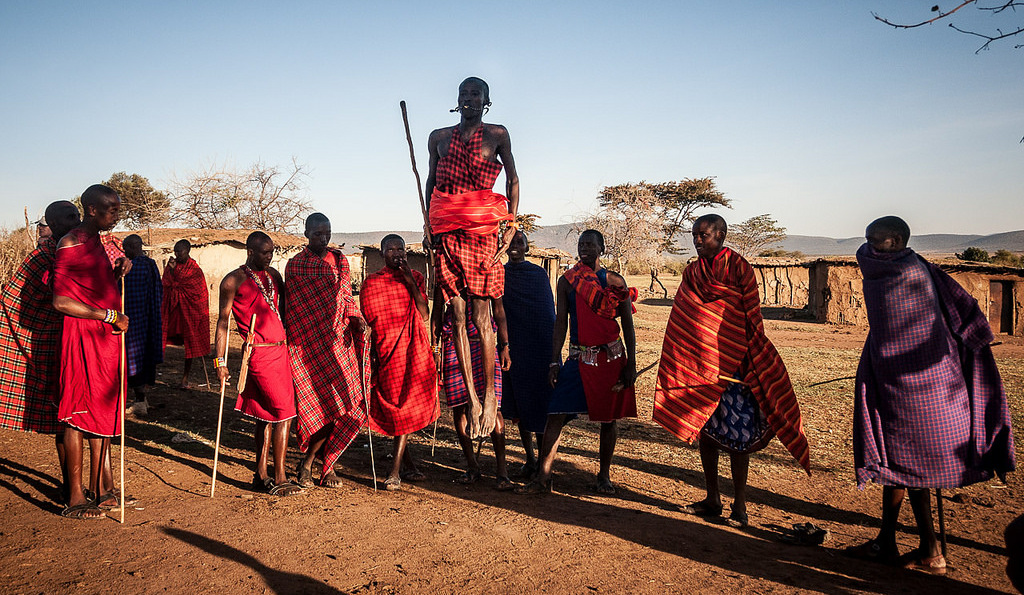Going on cultural tours on this huge continent lets you explore African customs and history up close. In this article, we’ll discuss different exciting places and activities that give you a real understanding of life in Africa. From famous landmarks to traditional events, these cultural tours have something special for everyone to enjoy.
Top Cultural Tour Destinations in Africa
Cape Coast Castle: A Symbol of Ghana’s Past
Cape Coast Castle, located on the Gulf of Guinea in Ghana, stands as a powerful reminder of the transatlantic slave trade’s dark history. Today, the castle is a UNESCO World Heritage site, offering guided tours that provide a poignant look into Ghana’s past and the atrocities of the slave trade.
Kumasi: Cultural Richness of the Ashanti Kingdom
Kumasi, the capital city of the Ashanti Region in Ghana, serves as the cultural heart of the Ashanti Kingdom. The city boasts several attractions, including the Manhyia Palace, the royal residence of the Ashanti king, which now operates as a museum showcasing Ashanti history and culture. Visitors can also explore the Kumasi Central Market, one of Africa’s largest markets, which features a bustling array of artisans, traders, and traditional foods.
Soweto: A Testament to South Africa’s Struggle for Freedom
This township is home to several important historical sites, including the Hector Pieterson Museum, which commemorates the 1976 Soweto uprising and the role of South African youth in the struggle against apartheid.
Cape Town: A Cultural Melting Pot
Cape Town, South Africa’s coastal city, is known for its rich cultural heritage and breathtaking landscapes. The vibrant Bo-Kaap neighborhood, with its colorful houses and Cape Malay heritage, is a prime example of the city’s cultural diversity. Visitors can also take an African Safari tour, or a ferry to Robben Island, the notorious prison where Nelson Mandela and other anti-apartheid activists were incarcerated, offering a poignant reminder of South Africa’s turbulent past.
Experiencing African Culture Through Traditional Ceremonies and Festivals
Maasai Mara in Kenya: Witness the Maasai Culture
The Maasai people are known for their distinctive customs, bright clothing, and unique way of life, which revolves around their cattle. Visitors to the Maasai Mara can experience the Maasai way of life by visiting traditional villages, known as manyattas, where they can witness various ceremonies and celebrations.
One of the most famous Maasai ceremonies is the Eunoto, a rite of passage for young warriors, or morans, to transition into respected elders. The ceremony is marked by rituals, traditional dances, and the famous Maasai jumping dance, known as the Adumu. Witnessing these ceremonies and engaging with the Maasai people provides a rare and authentic insight into their resilient culture and traditions.
The Zulu Kingdom in South Africa: Explore the Zulu Heritage
A visit to a traditional Zulu village or attending one of their cultural festivals is an unforgettable experience. The annual Reed Dance Festival, or Umkhosi Womhlanga, is one such event that showcases Zulu culture. The festival seeks to promote moral values and unity among the Zulu people. Young, unmarried women gather to perform traditional dances and songs, while dressed in colorful beaded attire. The festival provides a window into the vibrant world of Zulu customs and traditions. Shaka Day Festival: Held annually in September, this festival celebrates the life of the legendary Zulu King, Shaka Zulu.
The Dogon Country in Mali: A Journey Into West African Traditions
The Dogon people of Mali are known for their unique culture, which has been well-preserved over centuries due to their relative isolation. A visit to the Dogon Country, characterized by its distinctive mud-brick architecture and cliffside villages, is a journey into the heart of West African traditions. The most significant event in the Dogon calendar is the Sigui festival, held every 60 years to mark the end of a cycle and the beginning of a new one. The festival involves sacred rituals, masked dances, and the retelling of Dogon myths and legends. Although the Sigui festival is a rare event, travelers can still experience Dogon culture through other ceremonies and celebrations taking place throughout the year.
Embarking on cultural tours in Africa is a rare opportunity to truly immerse oneself in the abundant and varied heritage that defines this extraordinary continent. From the remnants of ancient civilizations to lively and colorful festivals, these immersive experiences offer valuable insights and lasting impressions of African culture. So, don’t hesitate—let the adventure begin and create lifelong memories as you uncover the true essence of Africa.










